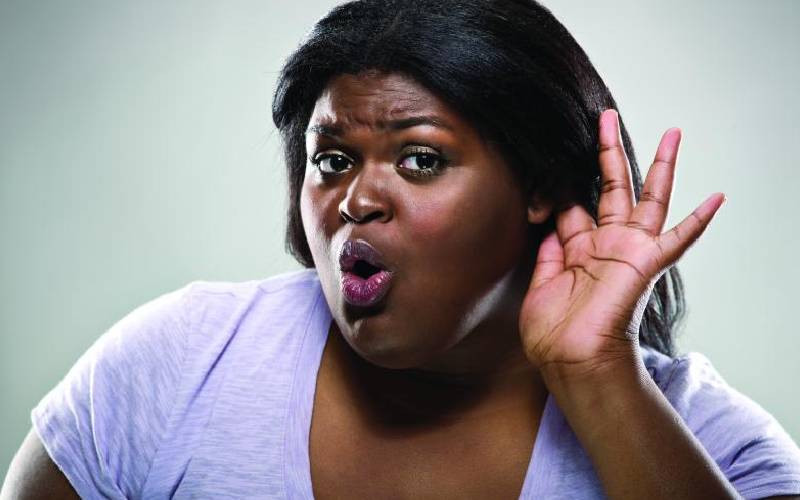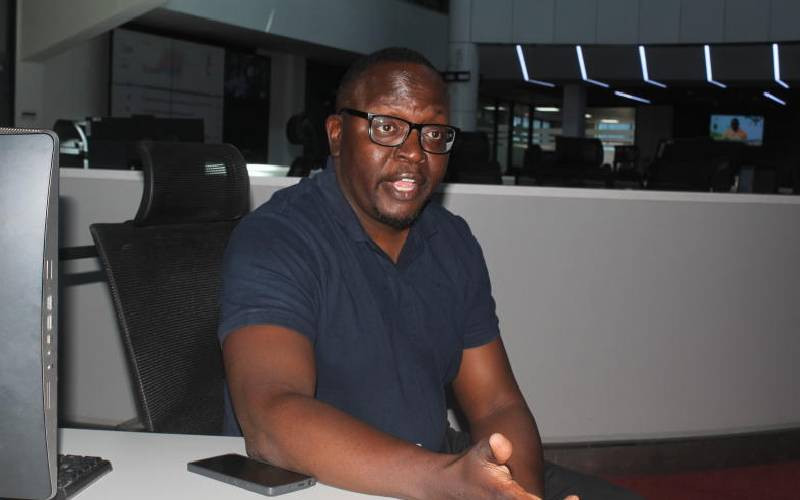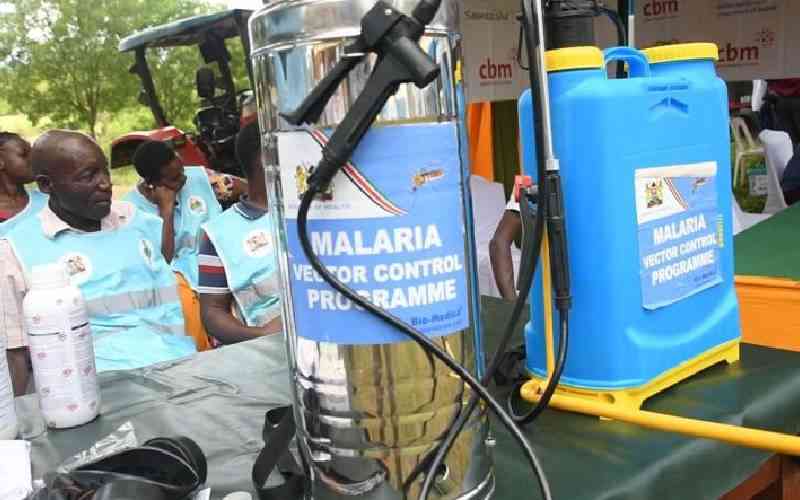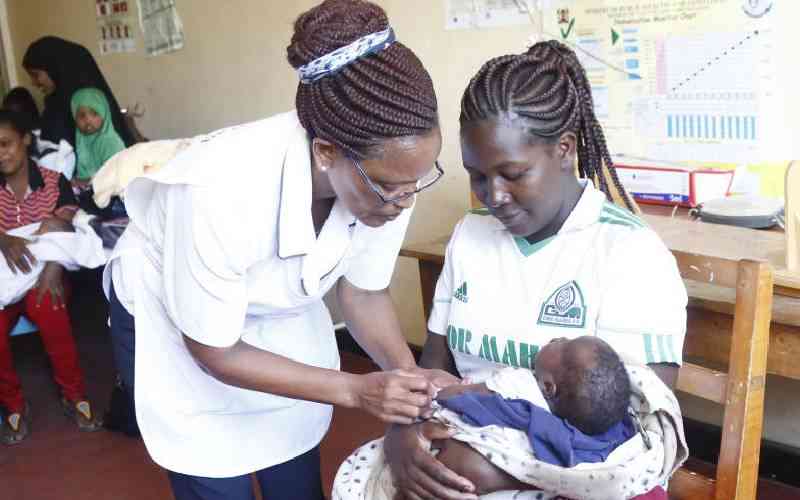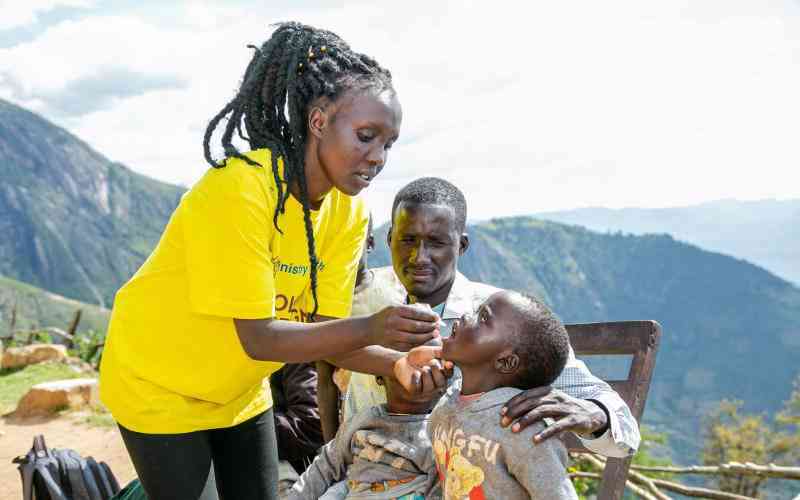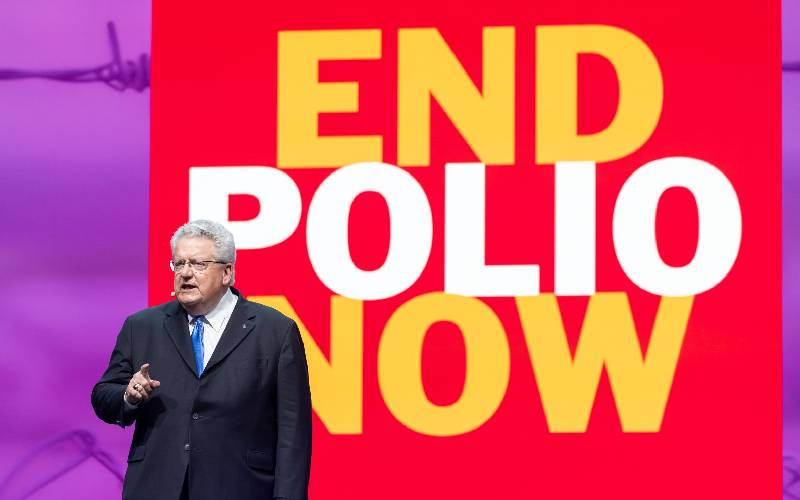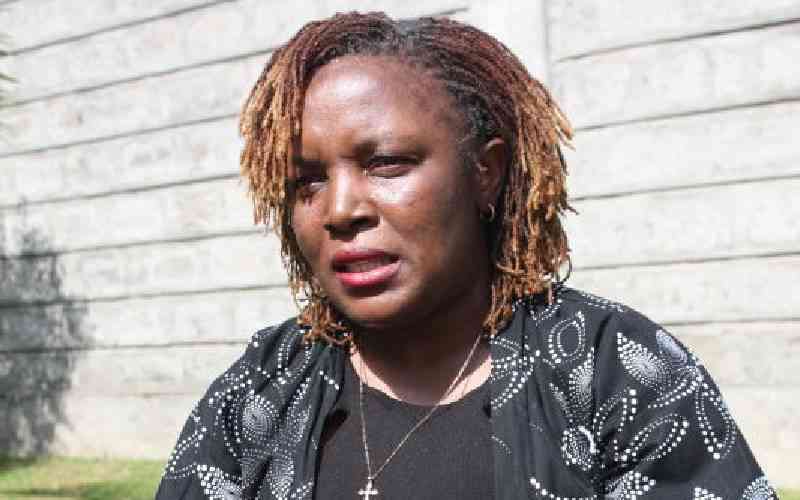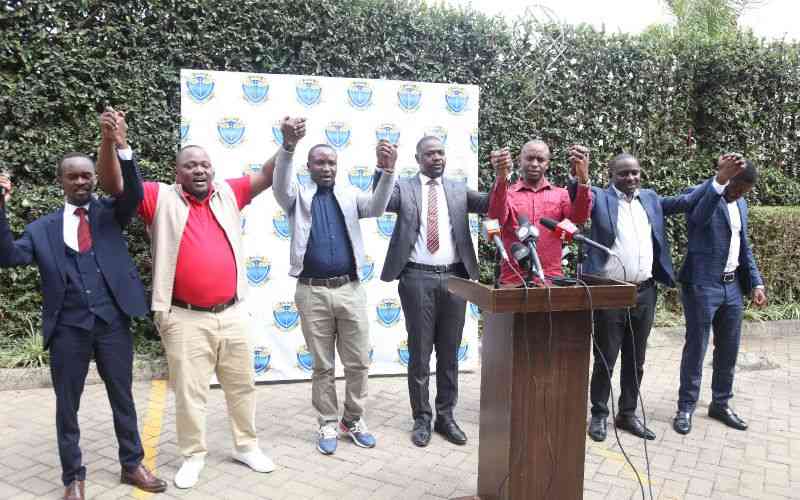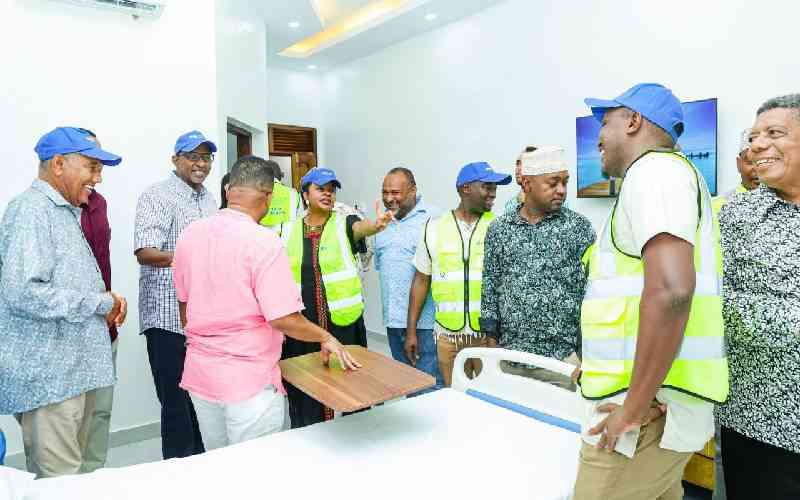
Rural & Urban Private Hospitals Association of Kenya (RUPHA) has issued guidelines as hospitals prepare to suspend Social Health Authority (SHA)- and MAKL-funded services over unpaid claims.
The directive, effective Monday, February 24, outlines how member hospitals should handle patient care while the suspension is in place.
RUPHA noted hospitals must continue offering emergency services, ensuring all critical patients are stabilised before referring them to facilities that still accept SHA or MAKL cover.
“Emergency cases shall not be denied care under any circumstances,” the association stated.
The guidelines require hospitals to honour existing SHA- and MAKL-funded inpatient admissions and scheduled outpatient appointments made before February 24. However, new admissions under SHA or MAKL will only be accepted if the cover provider guarantees upfront payment.
Hospitals have also been directed to notify patients professionally at the point of care rather than through public notices or social media.
Front desk staff must offer alternative payment options or referrals to facilities that still accept SHA or MAKL cover.
“Patients seeking SHA or MAKL services after February 24 shall be informed at the service point that the cover is temporarily unavailable,” RUPHA explained.
- A month after SHA rollout, patients suffer amid system flaws
- Gaps in new health insurance scheme hurting patients
- Safaricom to invest Sh 34 billion in SHA transition
- MPs: Chaotic rollout of SHA adds more pain to patients
Keep Reading
Facilities have been urged to document all cases where service is affected by SHA or MAKL funding constraints. RUPHA cautioned hospitals against engaging in direct confrontations with state agencies over the matter, advising them to escalate disputes through the association.
RUPHA observed it will continue seeking payment for past services through legal and arbitration channels. Hospitals facing external pressure to maintain SHA- or MAKL-funded services without payment guarantees have been advised to report such cases to RUPHA for intervention.
The association maintains that the structured suspension aims to protect healthcare providers from financial distress while ensuring patients are not abandoned. It remains open to dialogue should the government commit to resolving the payment issues.
 The Standard Group Plc is a multi-media organization with investments in media platforms spanning newspaper print
operations, television, radio broadcasting, digital and online services. The Standard Group is recognized as a
leading multi-media house in Kenya with a key influence in matters of national and international interest.
The Standard Group Plc is a multi-media organization with investments in media platforms spanning newspaper print
operations, television, radio broadcasting, digital and online services. The Standard Group is recognized as a
leading multi-media house in Kenya with a key influence in matters of national and international interest.

